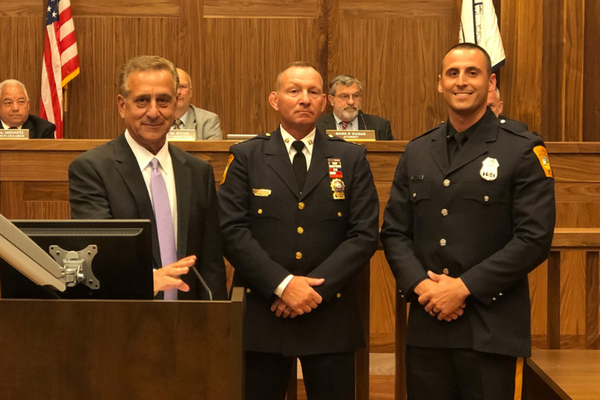Proposed changes to the management of South Australia's outback — an area covering nearly half of the state — have been scrapped by the newly elected Labor government.
Labor is moving the government's Pastoral Unit out of the Primary Industries portfolio and back to the Environment Department, promising more money to ensure sheep and cattle stations are not damaging the fragile country.
The former Liberal government had big plans for South Australia's arid rangelands, that make up 42 per cent of the state, which is primarily leased for sheep and cattle grazing.
It was trying to pass a new Pastoral Act, updating the 1989 legislation, that would have granted graziers a lot more power, but did not get it through parliament before the election.
"The previous government, the Liberals, wanted to remove stocking rates, to have extremely long leases — up to 100-year leases — and also to not do on-ground assessment of the quality and condition of the land. All of that stops now," new Environment Minister Susan Close told the ABC.
Ms Close said an extra $1 million dollars would be allocated to make sure the Pastoral Unit could carry out overdue condition assessments of grazing land in a "timely way".
"These are lands that are precious, they're fragile and they are capable of primary production as long as they're looked after," she said.
"We'll work with pastoralists to make sure that happen."
The government will also confirm that pastoral land can be used for conservation purposes, something challenged under the Liberals.
"The last government raised a question mark about that. I don't think it is an issue, but I will find out and, if necessary, make some tweaks to ensure that's the case," Ms Close said.
Under the former state government's plans, existing leases would have been changed from 42 years to 100 years and a legislated maximum rate of stock that could be run on each lease would have been removed.
It also wanted land to be inspected remotely, primarily by satellite, instead of in-person.
'A really good start': Conservation Council
Nature Conservation Society of South Australia president Patrick O"Connor welcomed the change in direction.
"The new government putting conservation first as the priority and sustainability of outback South Australia as the priority is really important," he said.
"It's only from that basis that setting the grazing rights, and the ability for community to use that land, can fit in over a long time, so it's a really great result that the government wants to make that sustainability the priority."
Mr O'Connor said the lapse in inspections had been a "real problem" for pastoralists and for conservation.
"The inspections are so important and making that relationship with the landholders around the condition of those assets is really important to sustain them, to give those landholders confidence about their investments," he said.
Labor's funding injection equates to a 25 per cent increase in the Pastoral Unit's budget.
"The initial amount promised is a really good start to get back on track and then looking at the emerging technologies and the possibilities of what investment is required," Mr O'Connor said.
"I think really looking at how the investment in information about the outback can actually pay off in other ways, in improving tourism, in improving the sustainability and improving access to emerging markets in biodiversity and carbon."
Livestock industry wants grazing to remain the primary use of the land
President of Livestock SA Joe Keynes said it was crucial pastoralism was supported.
"We definitely feel that pastoralism is the key and dominant industry in the rangelands, and it will continue to be, even though we recognise there are other alternative uses," he said.
"[The Pastoral Act] needs to support a profitable and sustainable pastoral industry."
Mr Keynes said the funding injection would help address the backlog of land assessments but called on the government to consider other ways of monitoring the condition of the leases.
"We could do it in a much more effective and efficient way.
"I think [that], if we spent some of that million dollars on looking at and investigating some of those opportunities, then … that would be welcomed by the pastoral industry."
The government has promised to look at other monitoring methods in the future.







